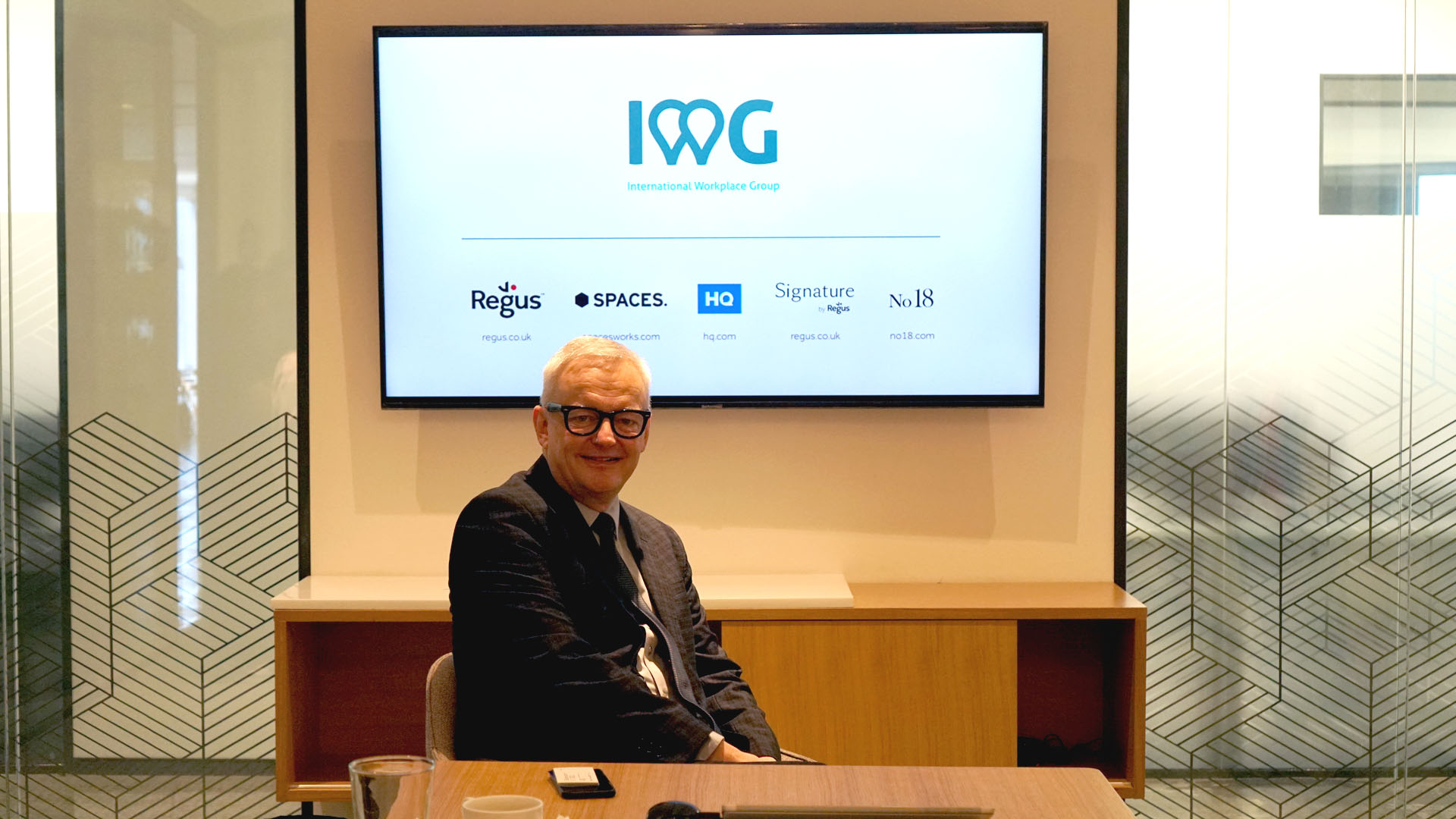International Workplace Group (IWG) introduces their man-made environment called, “SPACES” that caters to people who prioritize their businesses and of course, their work ethic. IWG is revolutionizing the terms and regulations of offices today, they are aware that employees dislike restricting work environments. Their SPACES system is claimed by companies that range from start-ups to multinational ones and the reason that two ends of the business spectrum come to this shared workplace is because they want a kind of space that is convenient, comfortable, and attractive.

Lars Wittig, Country Manager of Regus SPACES here in the Philippines state that we are now living in a time where shared economy models flourish. As of now, we have co-living, co-transporting, and co-working methods. Companies like Grab, Airbnb, and Regus & SPACES are the living testimonies of how sharing your resources can be effective in the business sector. These shared economies maximize your time, your resources and your people, in short, provides flexibility.

Wittig explains how co-working is a pivotal element to future success. Co-working allows you to get access of others knowledge and experiences aside from your own, to be able to incorporate more than one idea into a pending project. This enables employees to adapt and be flexible on their own volition because of the diversity in the office. It basically forces productivity and leaves no room for dead air.
It offers a win-win situation for new businesses because as they start, they can sign up for 6-9 months and move out eventually when their business soars. Bigger companies, on the other hand, treat it like a safety net for when sudden changes happen in the market, they get to escape binding leases and the risk of the unpredictable economy.
Asia is their biggest market for co-working at the moment, with an average of 227 new customers signing up for their own customized workspace. Flexible workspaces grow their percentage every year, but most rapidly in the Philippines.








